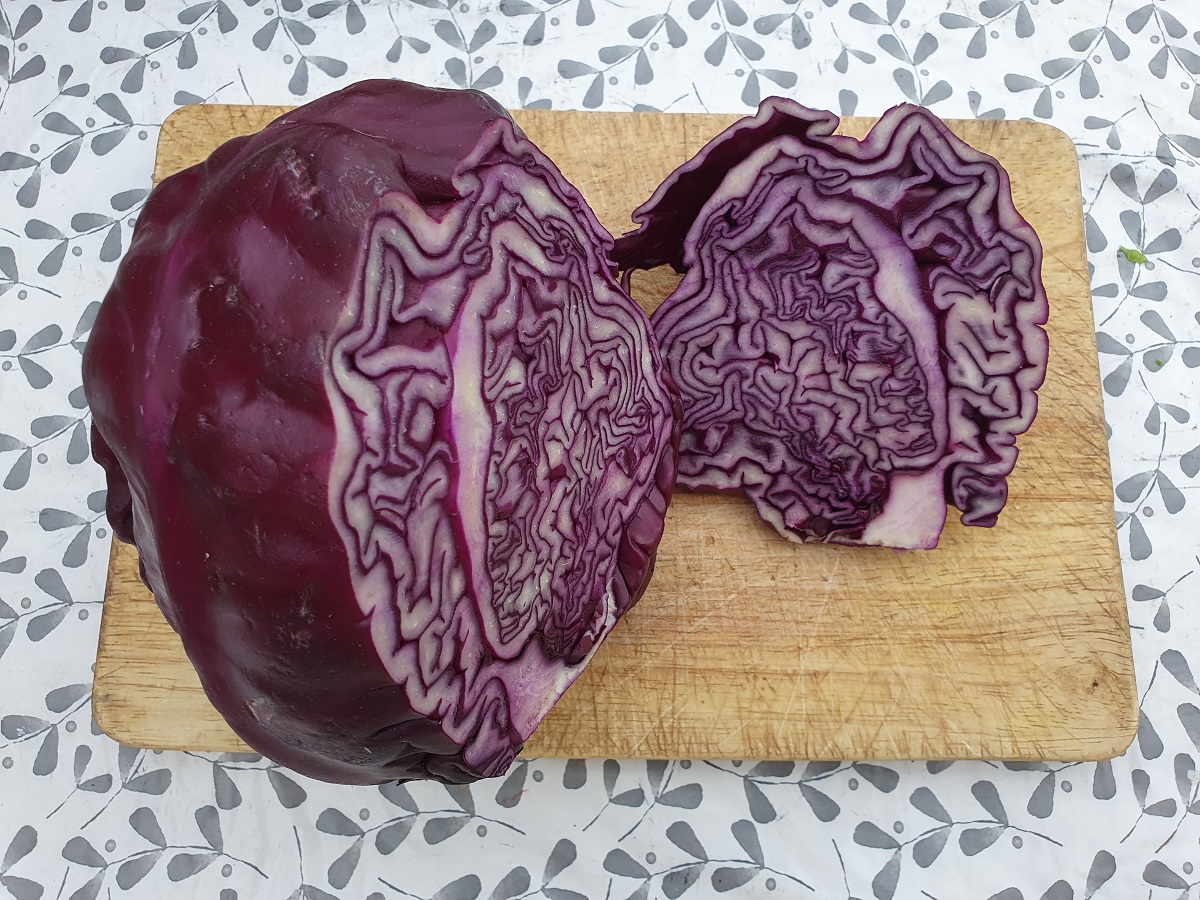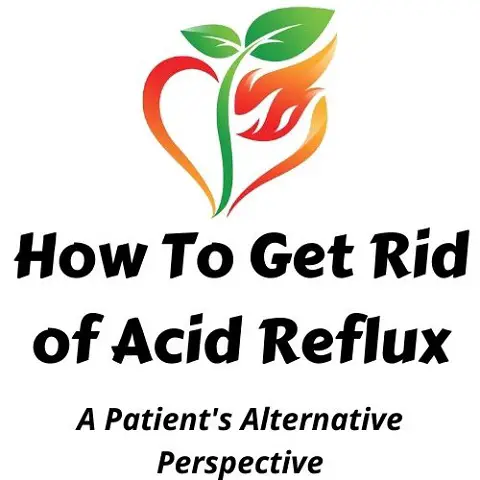Author: Ron Jamieson
-

Can Slippery Elm Alleviate Heartburn Symptoms? Exploring the Evidence
Research into the use of slippery elm (Ulmus rubra or Ulmus fulva) for treating acid reflux, heartburn, or gastroesophageal reflux disease (GERD) is limited, with most studies offering anecdotal or preliminary evidence rather than robust clinical trials. Below is a summary of findings from authoritative sources (numbers in brackets are references at the end of
-

Is Cabbage Good or Bad for Gerd (Acid Reflux)?
You’ve probably read everywhere that, as an acid reflux sufferer, you should be avoiding carbonated drinks, citrus fruits, fatty foods, and spicy foods, as well as a host of other tasty morsels. But what about a stalwart of the healthy food brigade – the humble cabbage?
-

Is Yogurt Good or Bad for GERD? Find Out!
I love yogurt, particularly the Greek type for its creamy texture, and as a bonus, I’ve always had it in mind that it helps my reflux. I decided to see what the science says if anything. Yogurt is a fermented milk product that contains live bacteria cultures. The beneficial bacteria, known as probiotics, are believed
-

Is Cinnamon Good for Gerd (Acid Reflux) Or Not?
I don’t know about you, but I’m not fond of cinnamon unless it’s combined with a nice iced bun. More importantly, however, I’ve often wondered how it affects my reflux – whether it makes it better, or worse. It has been suggested that cinnamon may have anti-inflammatory properties that can help alleviate GERD symptoms. In
-

Choosing The Best Wedge Pillow For Acid Reflux
If you suffer from acid reflux, you know how uncomfortable and irritating it can be. The stomach acid can burn your throat and chest and even cause bad breath. And nothing feels worse than lying down at night and not being able to breathe, or having a searing pain in your chest. But there’s a
